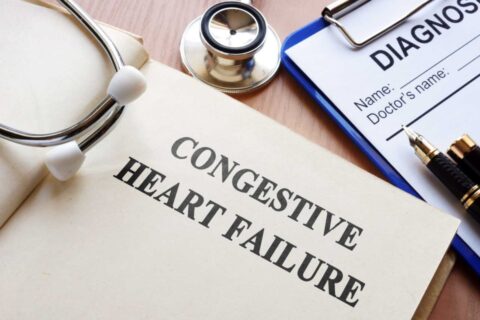The Importance of Sleep for a Healthy Heart
At Complete Cardiology Care in Sugar Land, Texas, we emphasize the role of good sleep in maintaining overall cardiac wellness. Poor sleep habits and sleep disorders are often overlooked risk factors for heart disease. Understanding the link between sleep and heart health is essential to living a longer, healthier life.

Why Sleep Matters for Your Heart
Quality sleep gives your body the time it needs to repair itself. For your heart, this includes processes like lowering blood pressure and reducing stress hormone levels. During deep sleep, a phenomenon known as nocturnal “dipping” allows your blood pressure to drop, helping your heart rest and recover.
Sleep is also closely linked to metabolism. Poor sleep can disrupt glucose control, increasing the risk of obesity and diabetes, both of which are major contributors to heart disease. Without enough sleep, your appetite-regulating hormones are affected, often leading to weight gain.
Adequate rest helps manage blood pressure levels and supports the lining of your blood vessels, called the endothelium. This is critical to preventing inflammation, a factor in the development of atherosclerosis and other heart-related conditions.
Sleep Disorders & Heart Health
Many people live with undiagnosed sleep disorders that can damage their heart over time. One of the most common is sleep apnea. The connection between sleep apnea and heart health is well established, as repeated breathing interruptions put significant stress on the cardiovascular system. Other issues, such as insomnia, restless leg syndrome, and irregular sleep patterns, can also affect heart function over time.
Sleep Quality vs. Quantity
Not all sleep is created equal. While you may get seven or eight hours, poor sleep quality—marked by frequent waking, light sleep, or breathing issues—can still lead to heart health concerns. A healthy sleeping heart rate is a key indicator of quality rest. But what is a healthy sleeping heart rate? For most adults, a healthy heart rate while sleeping falls between 40 and 60 beats per minute. Persistent changes to this rhythm may signal an underlying problem.
Benefits of Adequate, Consistent Sleep
Improving your sleep can have profound effects on your cardiovascular health. When you consistently prioritize quality rest, your body is better able to regulate blood pressure, reduce inflammation, and support healthier metabolic function, all of which contribute to a lower risk of heart attack and stroke.
Sleep Hygiene Tips for Heart-Healthy Sleep
There are many ways to support heart health through improved sleep hygiene. Creating a relaxing bedtime routine and maintaining consistency are key. Try these sleep hygiene tips:
- Keep a consistent sleep schedule, even on weekends
- Avoid screens for one hour before bed
- Limit caffeine and alcohol intake late in the day
How Can I Get Better Sleep?
Beyond basic tips for better sleep, some people may benefit from structured sleep therapy or medical intervention. Tracking your sleep, evaluating your environment, and identifying stressors can all help you build better habits.
When Should You See a Doctor for Lack of Sleep?
If you regularly wake up feeling tired, snore loudly, or feel drowsy during the day, it may be time to speak to a specialist. Lack of sleep and heart health are closely connected, and neglecting signs of poor sleep can lead to serious consequences. Seeking help is a step toward better heart health and better quality of life.
Learn More About Heart Health and Sleep Quality
If you’re concerned about your sleep and heart health, reach out to our team at Complete Cardiology Care in Sugar Land, Texas. Fill out our contact form or call us today to schedule a consultation and take charge of your cardiac wellness through better sleep.


